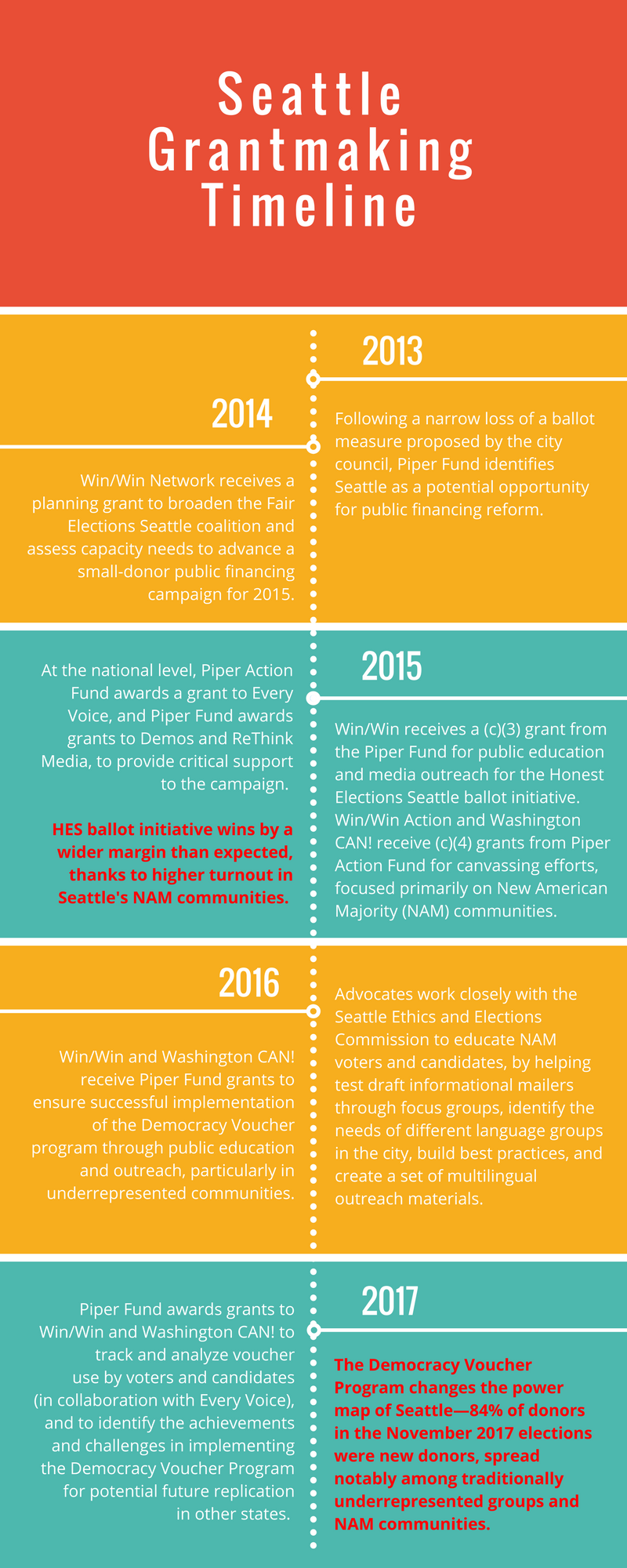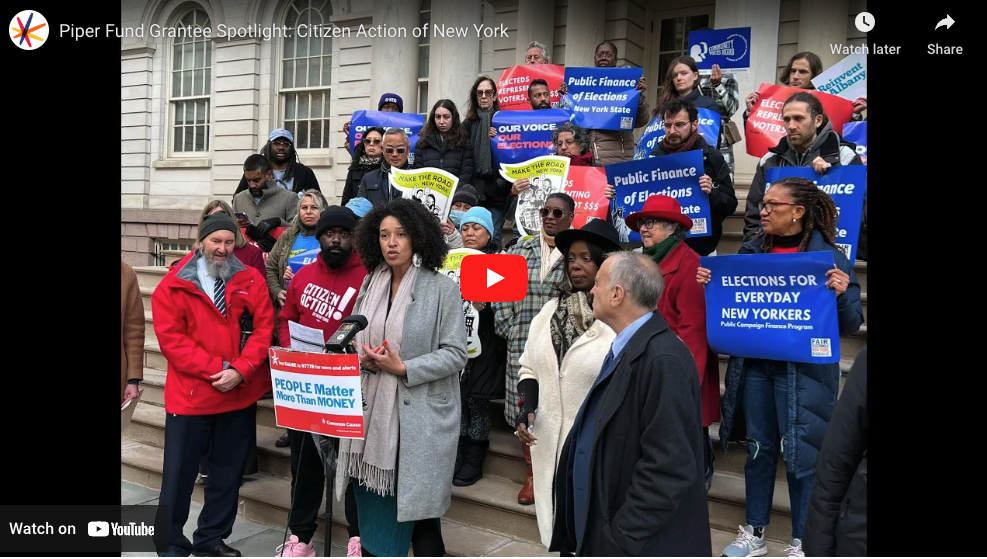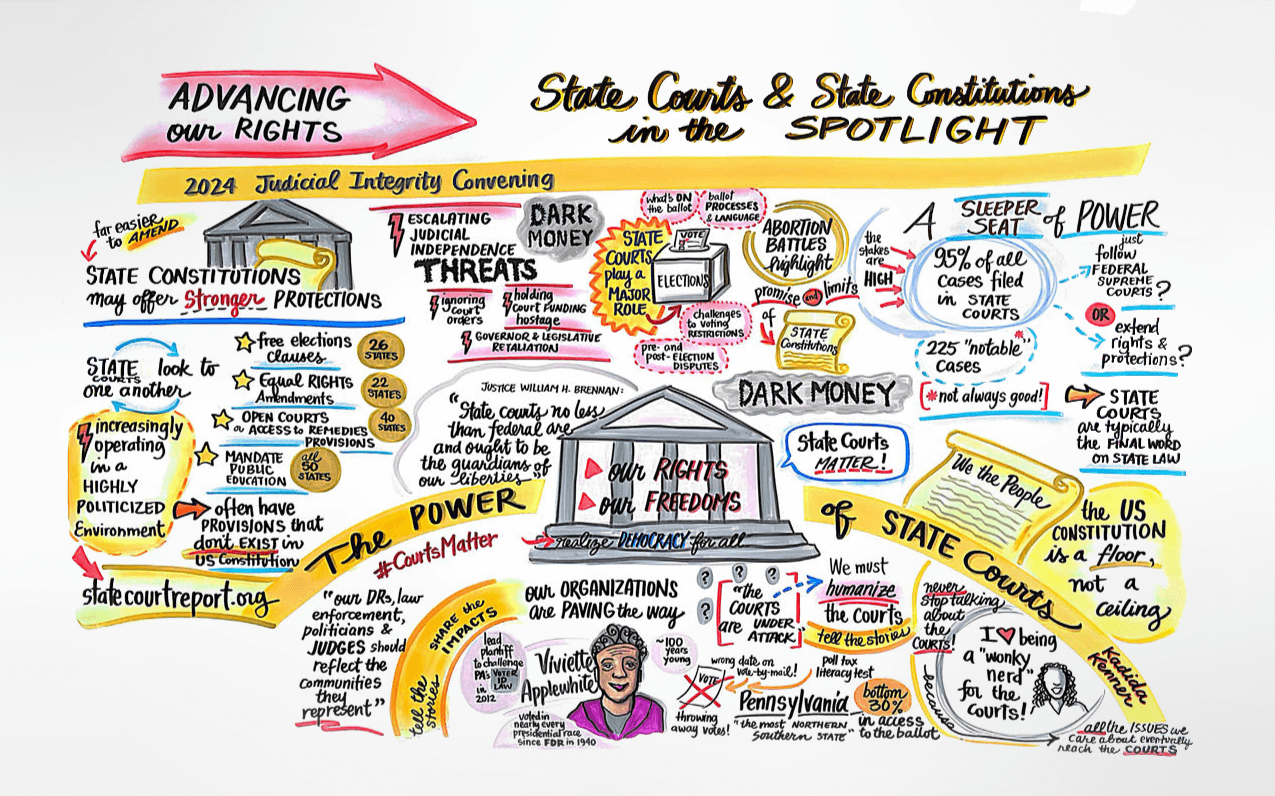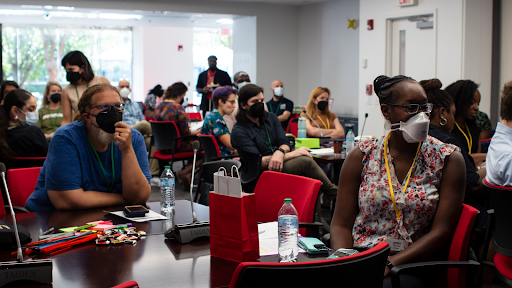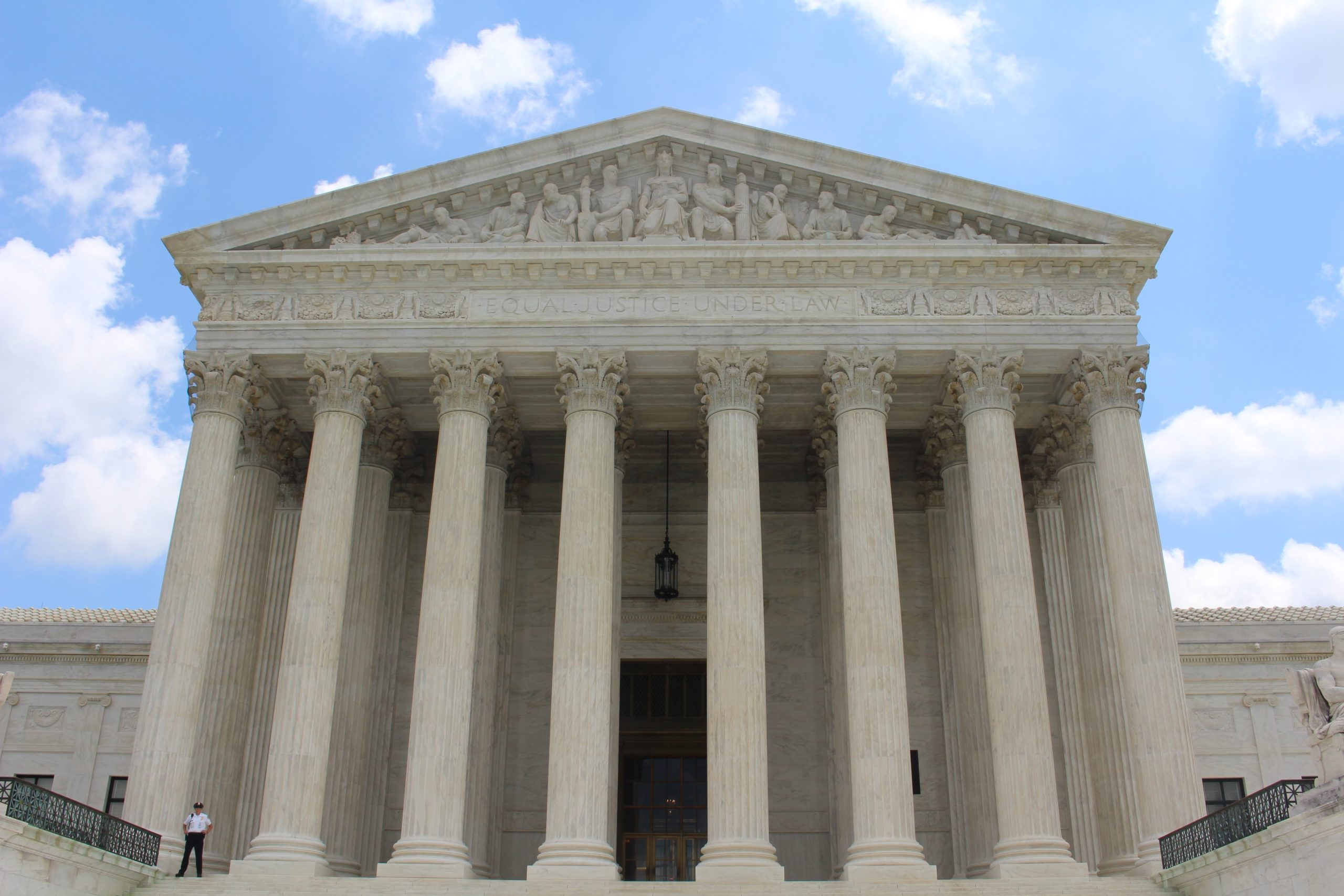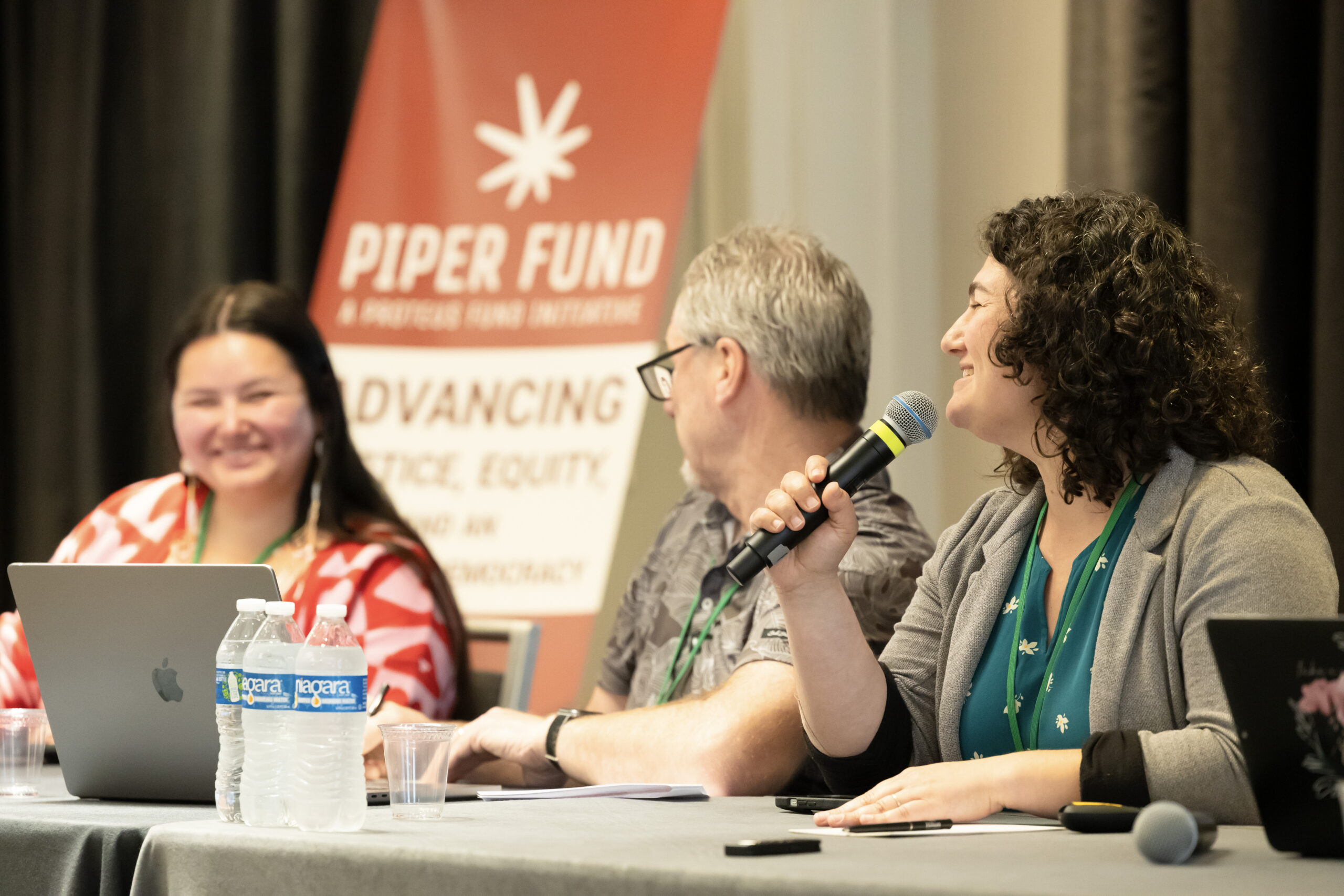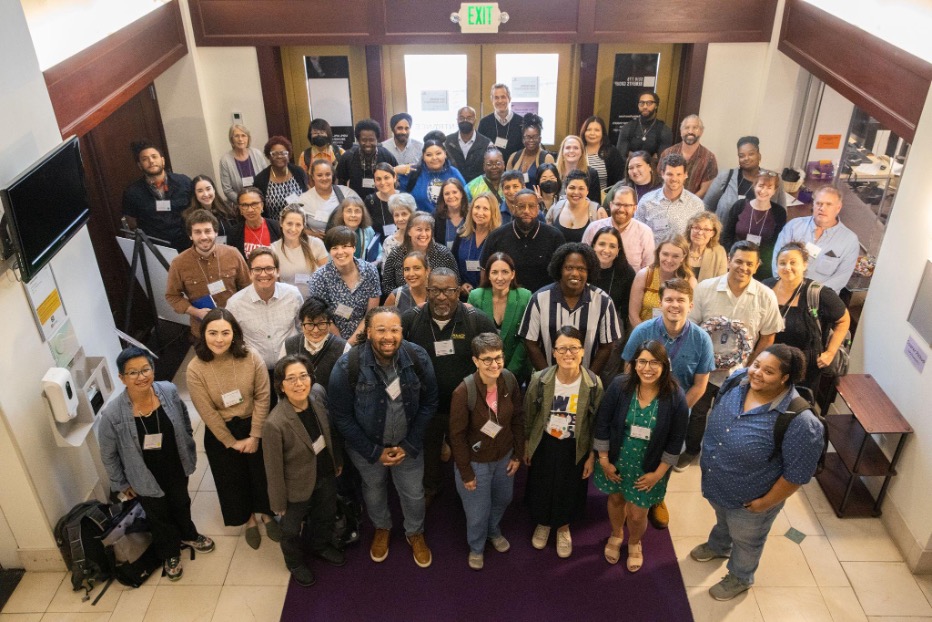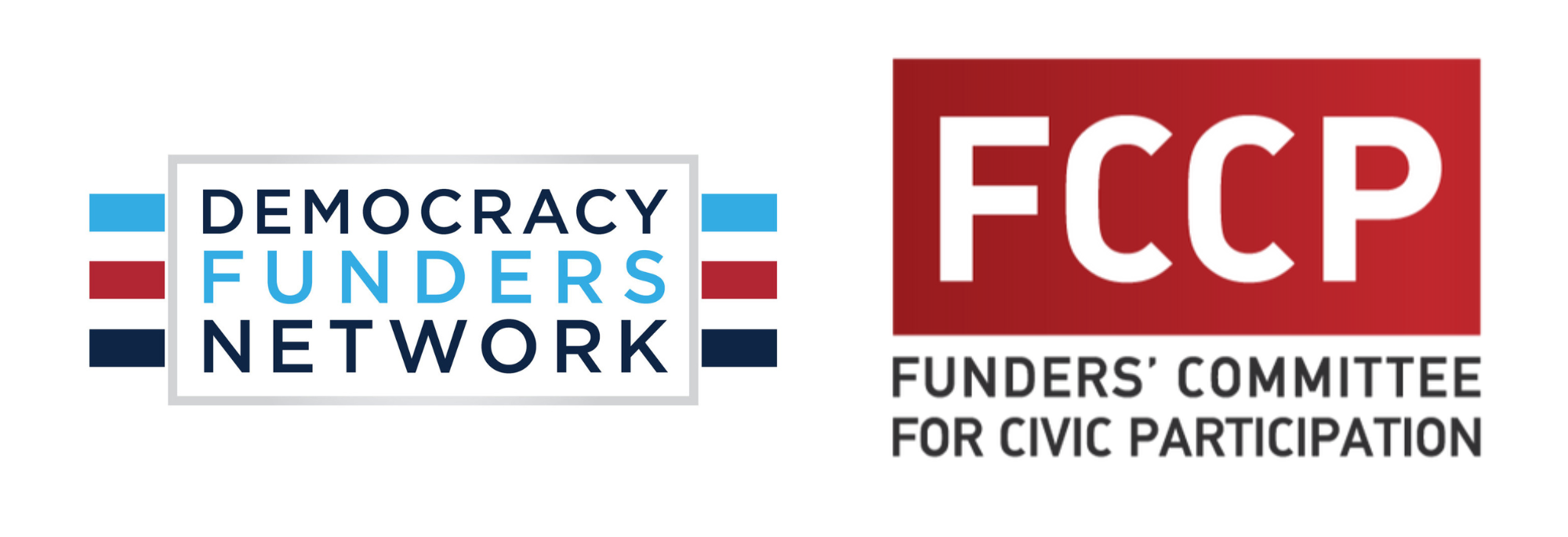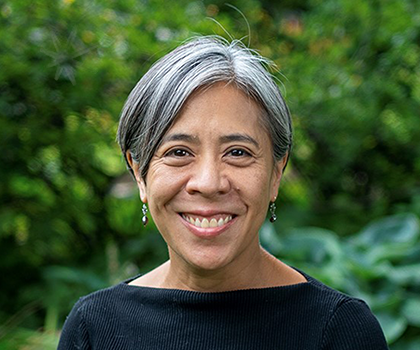In its first year of implementation, Seattle’s Democracy Voucher program1 has already achieved significant gains toward creating a healthier democracy by lifting up the voices of underrepresented communities. More than 25,000 residents donated to citywide campaigns in the November 2017 election—a threefold increase compared to the number who donated in 2013. Research commissioned by Piper estimates that 84% of those constituents were new donors giving to candidates who actively sought support from a broad array of the city’s residents, instead of a few wealthy donors.2
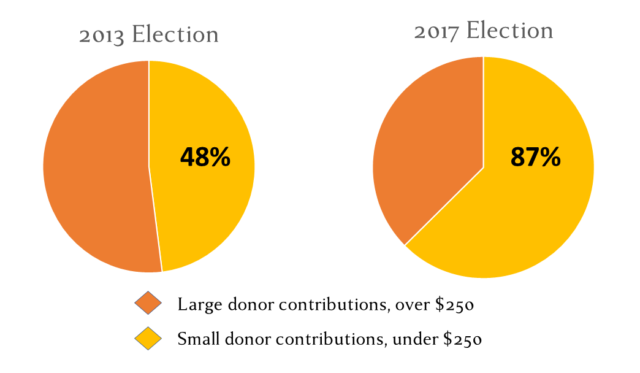 More importantly, Democracy Vouchers have helped diversify the donor and candidate pool to include traditionally underrepresented groups—notably, communities of color, women, young people, and lower income families. “What Democracy Vouchers really do is allow disfranchised communities to participate,” said Mary Le Nguyen, executive director at Washington CAN!, a Piper grantee, “On top of that, candidates were really focused on our communities, they were able to engage with their constituents on the issues. Politicians tend to only listen to frequent voters or donors, and that’s how we shift power.”
More importantly, Democracy Vouchers have helped diversify the donor and candidate pool to include traditionally underrepresented groups—notably, communities of color, women, young people, and lower income families. “What Democracy Vouchers really do is allow disfranchised communities to participate,” said Mary Le Nguyen, executive director at Washington CAN!, a Piper grantee, “On top of that, candidates were really focused on our communities, they were able to engage with their constituents on the issues. Politicians tend to only listen to frequent voters or donors, and that’s how we shift power.”
In fact, all candidates who won their races in November used the system, with 87% of all campaign contributions coming in the form of small donations of $250 or less. As a result, these newly elected officials are more likely to listen to Seattle’s residents on their priority issues and legislate impactful reform.
For Piper, Seattle provided a roadmap of what a successful multi-year grantmaking strategy looks like, one that builds power for disenfranchised communities. Since 2014, the Piper Fund has served as a strategic partner to advocates on the ground for the Seattle effort. Our grantmaking advanced the planning process and conceptualization of the Democracy Voucher program, guaranteed that local groups and communities of color had a strong voice at the decision-making table, invested in key research, and supported a successful implementation of the program, as well as further investigation to understand lessons learned.
The potential impact of the voucher program has already spread beyond Seattle—advocates in Albuquerque, Santa Barbara, Minneapolis, New York City, Cambridge MA, Austin TX, and the state of New Hampshire, are all exploring the creation of similar programs in 2018 and beyond. Piper is in conversation with advocates in each of these jurisdictions to identify how we can best support local replication and expansion of the Democracy Voucher model. Piper looks forward to hosting briefings for funders and practitioners as efforts advance and additional research is completed.
1. The program allows eligible Seattle residents to receive four $25 paper certificates to support a candidate of their choice running for city council or city attorney. The program will expand to include the mayor’s race in 2021.
2. Win/Win Network and Every Voice Center, “First Look: Seattle’s Democracy Voucher Program,” November 15, 2017, http://honestelectionsseattle.org/2017-report.
